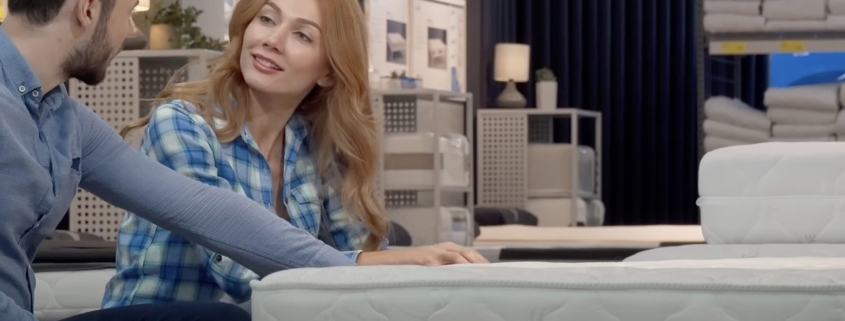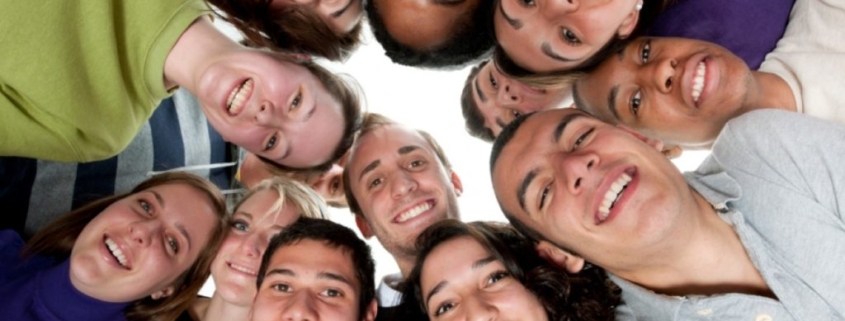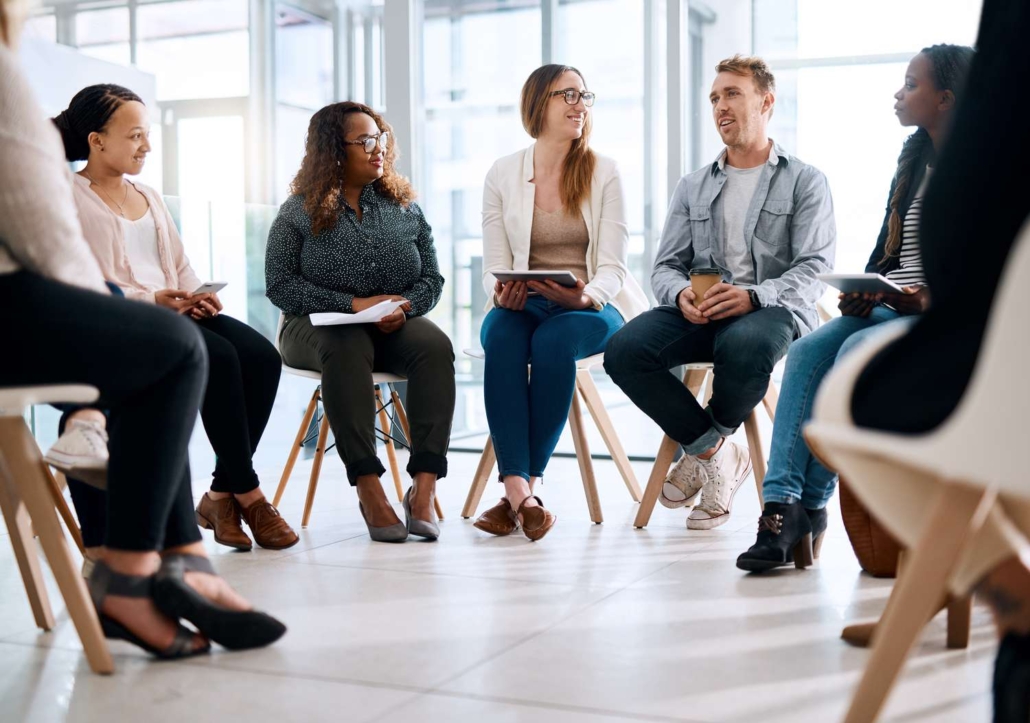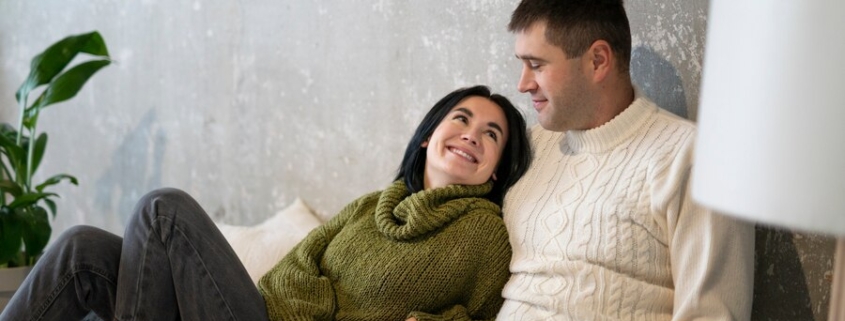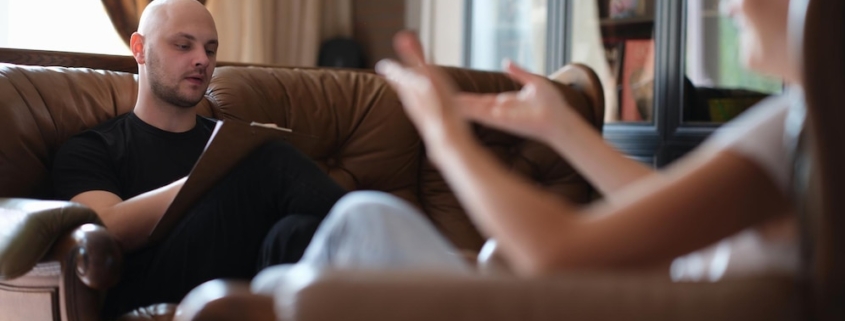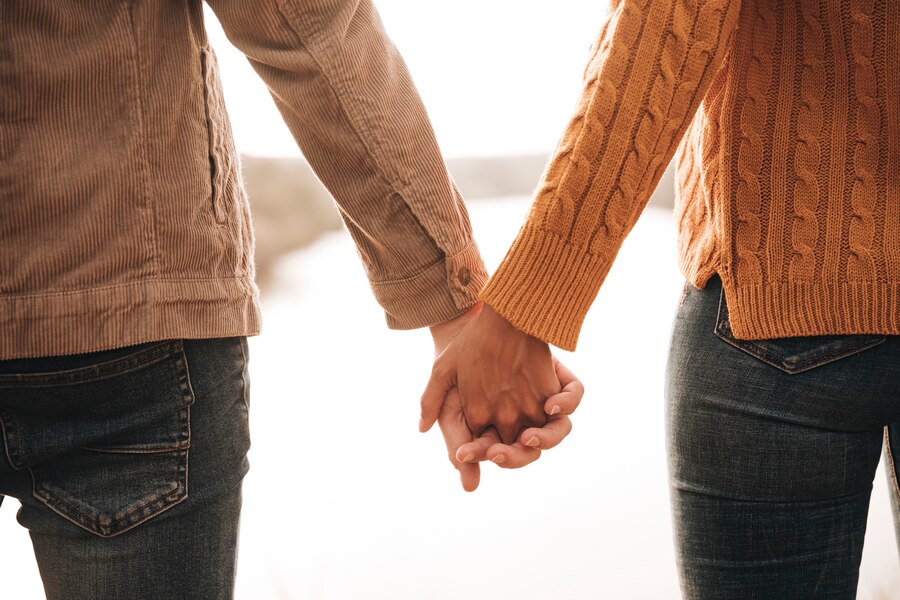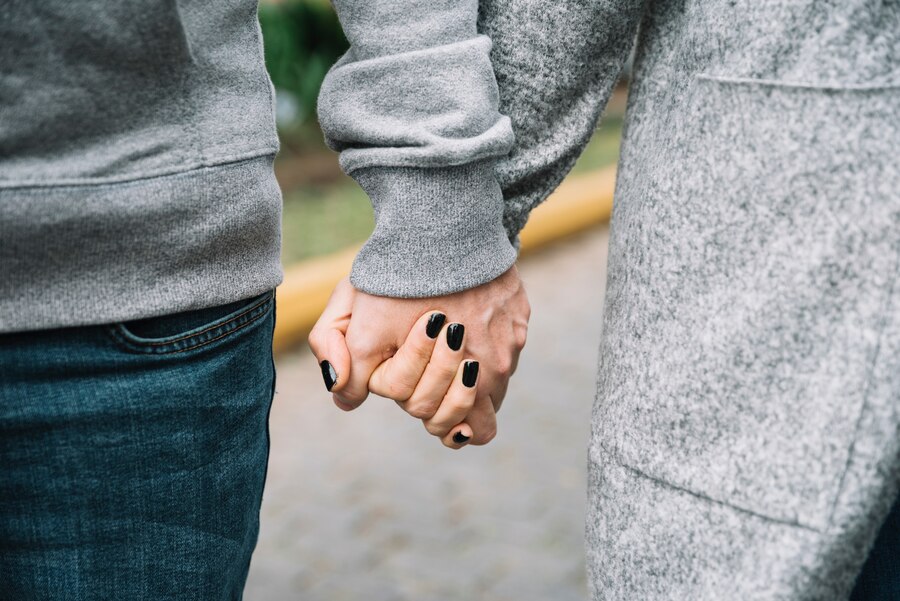Addiction doesn’t just affect one person—it creates a ripple effect that touches everyone in its path, especially romantic partners. The complex dance between substance use disorders and intimate relationships can lead to profound challenges, but also offers opportunities for extraordinary growth and healing when faced together.
Couples Rehab has been specializing in addiction and relationship dynamics for nearly two decades, the company has witnessed both the devastation addiction can cause and the remarkable resilience couples can demonstrate. This guide explores the intricate relationship between substance use disorders and intimate partnerships, offering research-backed approaches for couples committed to healing together.
The Relationship Under Siege: Understanding Addiction’s Impact
How Relationship Dynamics Shift
When addiction enters a relationship, a gradual transformation occurs. What begins as occasional substance use can evolve into dependency, bringing significant changes to how partners interact and function as a unit.
Renowned addiction specialist Dr. Robert Meyers describes addiction as “a relationship illness” because it fundamentally alters the connection between partners. The non-addicted partner typically begins adapting to the new reality in ways they may not even recognize:
- Shouldering an uneven distribution of responsibilities
- Creating narratives to explain away concerning behaviors
- Developing strategies to manage or limit substance use
- Concealing problems from friends, family, and colleagues
- Developing complex feelings of compassion mixed with growing resentment
These adaptations, though often born from love and concern, can inadvertently create patterns of codependency that sustain the addiction. Recognizing these patterns is essential for breaking them.
Communication Deterioration
Healthy relationships thrive on open, honest communication—something addiction actively undermines. The communication breakdown typically manifests in several ways:
Truth Becomes Elusive: Deception around substance use, spending habits, or daily activities becomes increasingly common. This behavior often stems from shame or fear rather than malicious intent.
Emotional Connection Fades: Substances can dampen emotional responses or create unpredictable mood fluctuations, making meaningful emotional exchange difficult. One partner may feel they’re connecting with a constantly changing person.
Conversations Become Confrontations: Discussions about substance use frequently escalate into heated arguments characterized by defensiveness, accusations, and criticism.
Silence as Self-Protection: To avoid conflict, partners often stop addressing important issues altogether, creating a growing chasm of unspoken concerns.
Rebecca, who participated in our couples recovery program, described it this way: “Eventually, we stopped talking about anything that mattered. Our conversations were just logistics—who would pick up the kids, what bills needed paying. The real stuff—our feelings, our dreams, our fears—all that disappeared.”
The Trust Deficit
Perhaps nothing damages relationships more profoundly than broken trust. Addiction behaviors often violate fundamental relationship agreements through patterns of dishonesty, financial secrecy, unfulfilled commitments, and in some cases, infidelity or legal complications.
Research published in the Journal of Family Psychology indicates that trust rebuilding typically takes 12-24 months longer than establishing stable sobriety. This discrepancy in recovery timelines often leads to frustration when the recovering person expects forgiveness to come alongside their sobriety milestones.
Economic Instability
The financial consequences of addiction can devastate couples and families. Recent research from the American Society of Addiction Medicine estimates that substance use disorders can cost families between $10,000-$30,000 annually through:
- Direct expenses for purchasing substances
- Income reduction from decreased productivity or job loss
- Medical costs related to addiction-related health issues
- Legal expenses from substance-related incidents
These financial pressures intensify relationship strain, creating a destructive cycle where economic stress triggers arguments, which may in turn lead to increased substance use as a maladaptive coping mechanism.
Intimacy Disruption
Both physical and emotional intimacy typically suffer significantly in relationships affected by addiction. Key contributing factors include:
- Direct physical effects of substances on desire and sexual function
- Emotional disconnection and difficulty with vulnerability
- Accumulated resentment creating barriers to physical closeness
- Trauma responses triggered by unpredictable behaviors
Rebuilding intimate connection requires addressing both physiological changes during recovery and the emotional healing necessary for both partners to feel safe being vulnerable again.
Children in the Crossfire
When children are part of the family system, they absorb the impact of addiction in profound ways. Extensive research from the National Association for Children of Addiction shows that children in homes affected by substance use disorders face elevated risks of:
- Developing substance use problems in adolescence or adulthood
- Experiencing anxiety, depression, and behavioral challenges
- Struggling academically and socially
- Assuming inappropriate caregiving responsibilities for parents or siblings
Parents must recognize how their relationship patterns affect their children and prioritize creating stability and safety in the recovery process.
Navigating the Recovery Journey Together
Recovery is possible—for both the individual struggling with addiction and for the relationship itself. However, healing as a couple requires dedication, patience, and typically professional guidance. Here’s a framework for the journey ahead:
Phase 1: Crisis Recognition and Stabilization
Many relationships reach a critical turning point before substantive change begins. This might be a medical emergency, financial collapse, legal issue, or relationship ultimatum. While painful, these moments often provide the clarity needed for meaningful change.
During this initial phase:
- Acknowledge the reality of the addiction without minimizing its impact
- Establish safety protocols (physical, emotional, and financial)
- Research and connect with professional support resources
- Establish clear, health-promoting boundaries
- Focus on immediate stabilization rather than long-term relationship repair
Carlos, whose wife struggled with alcohol addiction for over a decade, shared: “We hit rock bottom when she was hospitalized for the second time. Standing in that hospital room, we both finally faced what we’d been denying for years. It was terrifying, but it was also the first honest moment we’d had in a long time.”
Phase 2: Early Recovery and Relationship Realignment
Once treatment begins, both partners enter an adjustment period that involves:
Individual Healing Processes: The person with addiction focuses on establishing sobriety and developing healthy coping mechanisms, while the partner addresses codependency patterns, possible trauma responses, or other personal impacts.
Communication Rebuilding: Couples must learn to interact without the addiction as their primary focus or organizing principle. This often feels awkward initially—”like strangers learning to dance together,” as one couple described it.
Practical Restructuring: Establishing new routines, implementing financial safeguards, and potentially reconstructing social connections all require attention.
Expectation Management: Early recovery typically brings mood fluctuations, energy inconsistencies, and sometimes post-acute withdrawal symptoms. Both partners need education about what to anticipate.
During this phase, patience is essential. Neurological research from UCLA suggests that brain chemistry takes 12-18 months to fully stabilize after substance cessation, and relationship patterns often take even longer to transform.
Phase 3: Sustained Recovery and Relationship Renewal
As recovery stabilizes, couples can focus on deeper relationship healing:
Trust Reconstruction: This occurs gradually through consistent honesty, transparency about struggles, and reliable follow-through. Trust rebuilds through demonstrated patterns, not promises.
Processing Historical Hurts: Through guided therapeutic conversations, couples can address painful experiences from the addiction period without becoming trapped in blame cycles.
Creating New Shared Vision: Developing goals and aspirations that don’t revolve around substances helps couples orient toward a positive future rather than dwelling on past difficulties.
Finding New Balance: Recovery shouldn’t permanently dominate all aspects of life. Couples need to reclaim joy and connection beyond their identity as “an addict and a partner.”
Thomas, four years into recovery from opioid addiction, reflected: “Eventually, we had to learn who we were beyond the addiction story. We had to rediscover things we enjoyed together, dreams we shared, and ways to laugh again. Recovery is important, but it couldn’t be our whole identity forever.”
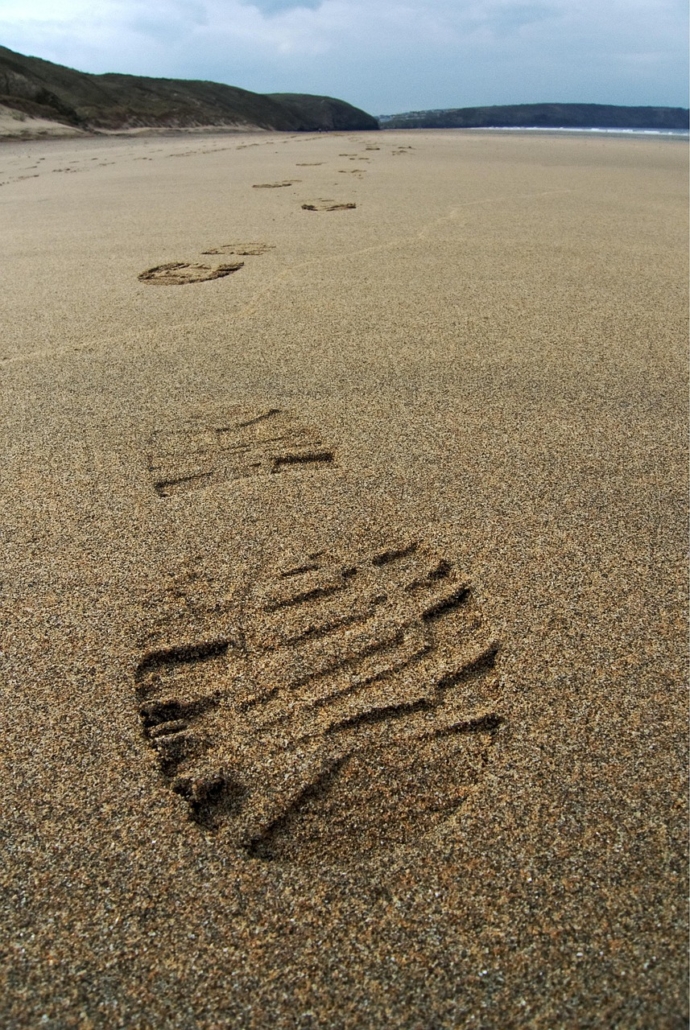
Evidence-Based Approaches to Healing Together
Therapeutic Interventions
Several therapeutic approaches have strong empirical support for couples affected by addiction:
Behavioral Couples Therapy (BCT): This integrated approach simultaneously addresses substance use and relationship dynamics. Multiple controlled studies show BCT improves both relationship satisfaction and long-term sobriety rates.
Emotionally Focused Therapy (EFT): By addressing attachment needs and emotional bonds, EFT helps couples rebuild security and connection beyond the addiction dynamic.
Community Reinforcement and Family Training (CRAFT): This approach equips partners with effective strategies to influence treatment engagement while improving their own wellbeing.
A comprehensive review published in Addiction Science & Clinical Practice found that couples who participate in therapy together have approximately 30% better outcomes than those where only the person with addiction receives treatment.
Community Support Networks
Specialized support groups provide validation, education, and community connection:
Al-Anon and Nar-Anon: Offer structured support specifically for partners and family members
SMART Recovery Family & Friends: Provides tools based on evidence-based cognitive approaches
Recovery Couples Anonymous: Focuses specifically on relationship healing alongside individual recovery
Longitudinal research indicates that consistent participation in appropriate support groups correlates with higher relationship satisfaction and significantly lower relapse rates.
Effective Communication Frameworks
Developing healthier communication patterns is fundamental. Research-supported techniques include:
Non-Blaming Language: Using “I” statements to express feelings without accusation (“I feel anxious when plans change without notice” rather than “You always ruin our plans”)
Active Listening Practice: Verifying understanding before responding by restating what was heard
Structured Conversation Time: Regular, planned discussions about recovery and relationship needs in a non-crisis atmosphere
Alternative Expression Methods: Sometimes written communication or therapeutic exercises can help express difficult emotions when face-to-face conversations become too charged
Systematic Trust Rebuilding
Trust returns through consistent behavior demonstrated over time. Effective approaches include:
Transparency Systems: Mutually agreed verification methods, such as shared access to financial information or location sharing, that gradually reduce as trust strengthens
Reliability Building: Creating opportunities to demonstrate trustworthiness through keeping small commitments consistently
Progress Recognition: Acknowledging improvements rather than focusing exclusively on past trust violations
Boundary Setting: Distinguishing between appropriate accountability measures and controlling behaviors that undermine autonomy
Individual Well-being Practices
Both partners need personal healing alongside relationship work:
Individual Therapy: Addressing personal trauma, anxiety, or other mental health concerns that may complicate recovery
Healthy Autonomy: Learning to maintain individuality while supporting recovery
Independent Interests: Cultivating activities and relationships outside the partnership
Self-Regulation Skills: Developing personal stress management techniques that don’t depend on the partner
Elena, whose husband has maintained sobriety for four years, emphasized: “I had to learn that I couldn’t heal him, and he couldn’t heal me. We each needed our own recovery process alongside our work as a couple. Finding my own support group and rediscovering my passion for painting saved me—and ultimately, our marriage.”
Important Considerations for Specific Situations
Recovery with Children
Healing as a family requires additional attention to:
Developmentally Appropriate Explanations: Children need information about addiction suited to their age and understanding
Family Systems Therapy: Including children in some therapeutic sessions helps address family-wide patterns
Stability and Predictability: Establishing consistent routines helps children rebuild security
Unified Parenting Approach: Parents need aligned strategies for discipline and household expectations
Preparing for Potential Relapse
Relapse is common in addiction recovery, and preparing for this possibility can prevent relationship catastrophe:
Collaborative Prevention Planning: Identifying triggers, warning signs, and response strategies together
Understanding Relapse vs. Lapse: Distinguishing between brief returns to use and complete abandonment of recovery efforts
Communication Protocol: Agreeing in advance how potential relapse will be discussed without shame or blame
Support Resource Identification: Knowing which professional resources to immediately engage if needed
When Relationships May Need to End
Despite committed efforts, some relationships cannot healthily continue. Signs that separation might be necessary include:
Persistent Abuse: Physical or emotional safety must always take precedence
Chronic Treatment Resistance: Long-term recovery is unlikely without professional intervention
Fundamental Incompatibility: Sometimes recovery reveals core value differences previously masked by addiction
Irreparable Trust Violations: When trust cannot be rebuilt despite genuine efforts
If separation becomes necessary, seeking support through this transition remains important for both individuals’ continued healing.
Transformation Stories: Real Couples, Real Recovery
Beyond statistics and strategies, the journeys of actual couples provide powerful testimony to the possibility of relationship healing after addiction.
Anna and Marcus: After Marcus’s eight-year battle with methamphetamine addiction nearly destroyed their family, they committed to intensive outpatient treatment and couples counseling. “The hardest part,” Anna explains, “was learning to stop controlling everything. I had spent years trying to manage his addiction, and I had to learn to focus on my own healing.” Six years into recovery, they now facilitate support groups for other couples.
Jasmine and Terrell: When Jasmine’s prescription for anxiety medication evolved into opioid dependency, their 15-year marriage faced its greatest challenge. Terrell remembers, “There were nights I would lie awake wondering if this was the end of us. What kept me going was remembering who she was before the pills took over.” Through medication-assisted treatment for Jasmine and weekly couples therapy, they gradually rebuilt their connection. “We communicate better now than we ever did before,” Jasmine reflects.
Devon and Christopher: After Christopher achieved sobriety from alcohol, Devon struggled with constant anxiety about relapse. “Every time his phone rang or he was late coming home, my mind went to the worst places,” Devon shares. Their breakthrough came through a structured transparency plan that Christopher suggested, providing Devon with the reassurance needed while gradually reducing these measures as trust returned. Three years later, they’ve developed a relationship Devon describes as “honest in a way I never knew was possible.”
These stories highlight crucial elements for successful recovery: professional support, patience, mutual accountability, and willingness to develop new relationship patterns.
Beyond Addiction: Reimagining Your Relationship
Many couples fear their relationship will forever be defined by addiction. However, research and clinical experience show that many partnerships not only survive addiction but emerge stronger through:
Enhanced Communication Skills: Having navigated difficult addiction conversations, many couples develop communication capabilities that benefit all areas of their relationship.
Deeper Empathy: Understanding personal struggle often increases compassion and patience for each other’s humanity.
Clearer Boundaries: Learning to distinguish between supporting and enabling often creates healthier relationship dynamics overall.
Greater Appreciation: Couples who overcome addiction frequently report heightened gratitude for stability and connection.
A five-year longitudinal study published in the Journal of Marital and Family Therapy followed couples after addiction treatment and found that those who successfully navigated recovery together reported higher relationship satisfaction than their pre-addiction baseline, suggesting that the recovery process can substantially strengthen relationship bonds.
Conclusion: Your Journey Forward
Recovery—both individual and relational—isn’t a destination but an ongoing journey. The path isn’t straight; it involves progress, occasional setbacks, and continuous growth.
What distinguishes couples who successfully navigate this challenging terrain? Research and clinical experience consistently identify several key factors:
- Mutual commitment to both personal and relationship healing
- Willingness to engage with professional support resources
- Development of effective communication frameworks
- Patience with recovery’s non-linear timeline
- Capacity to establish new, healthy relationship patterns
- Ability to find meaning and growth within the recovery experience
For those currently struggling with addiction’s impact on your relationship, remember that countless couples have walked this difficult path before you and found healing. The damage addiction causes, while significant, need not be permanent. With appropriate support, dedication, and compassion—both for yourself and your partner—relationships can not only survive addiction but develop new depth, authenticity, and resilience.
Recovery unfolds one day at a time, and relationship healing happens through countless small moments of courage, honesty, and connection. The journey challenges both partners profoundly but offers the possibility of a relationship stronger than either of you might have imagined possible.
This article provides general information and should not replace professional medical or mental health advice. If you or someone you love is struggling with addiction, please contact a healthcare provider, the Substance Abuse and Mental Health Services Administration (SAMHSA) at 1-800-662-HELP (4357), or your local addiction services for assistance.


